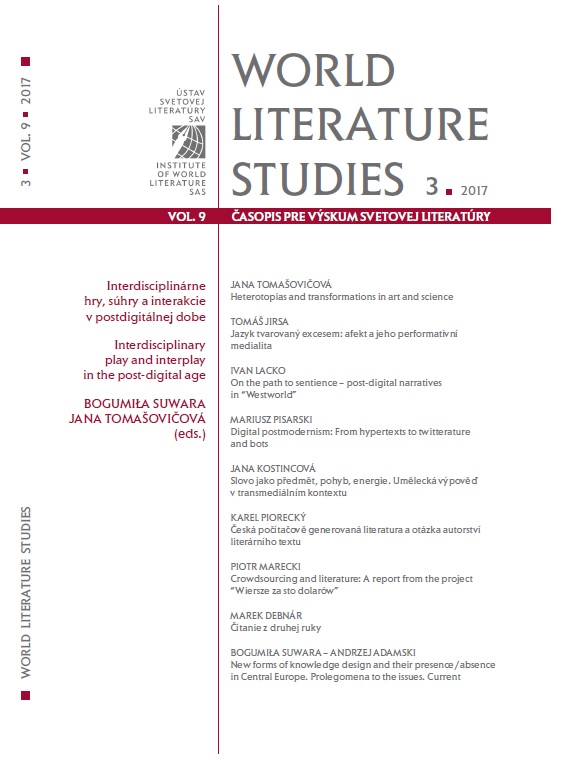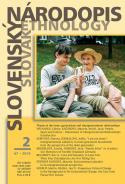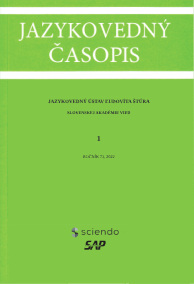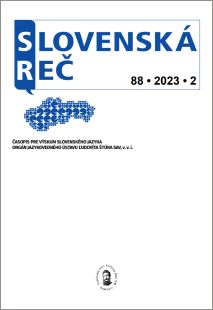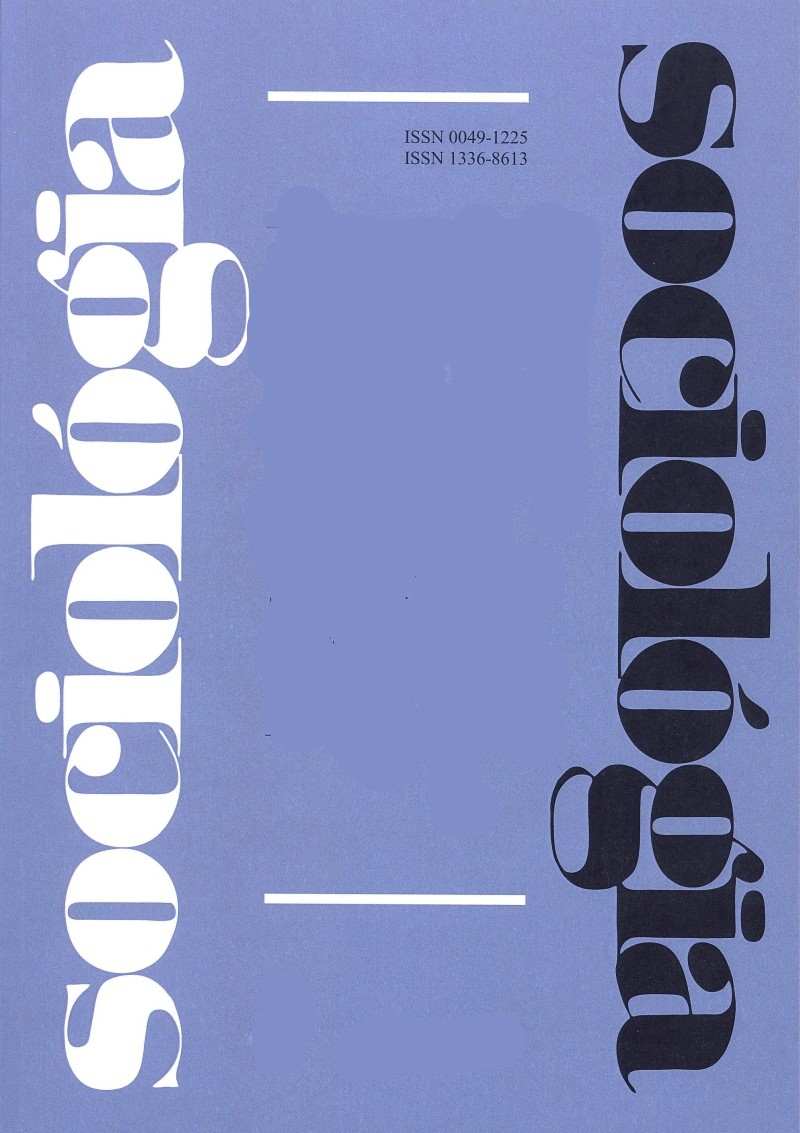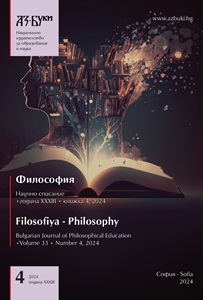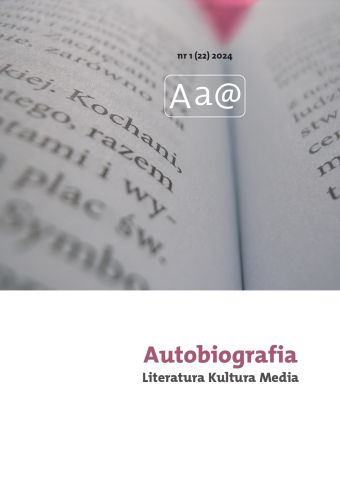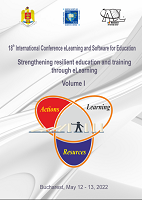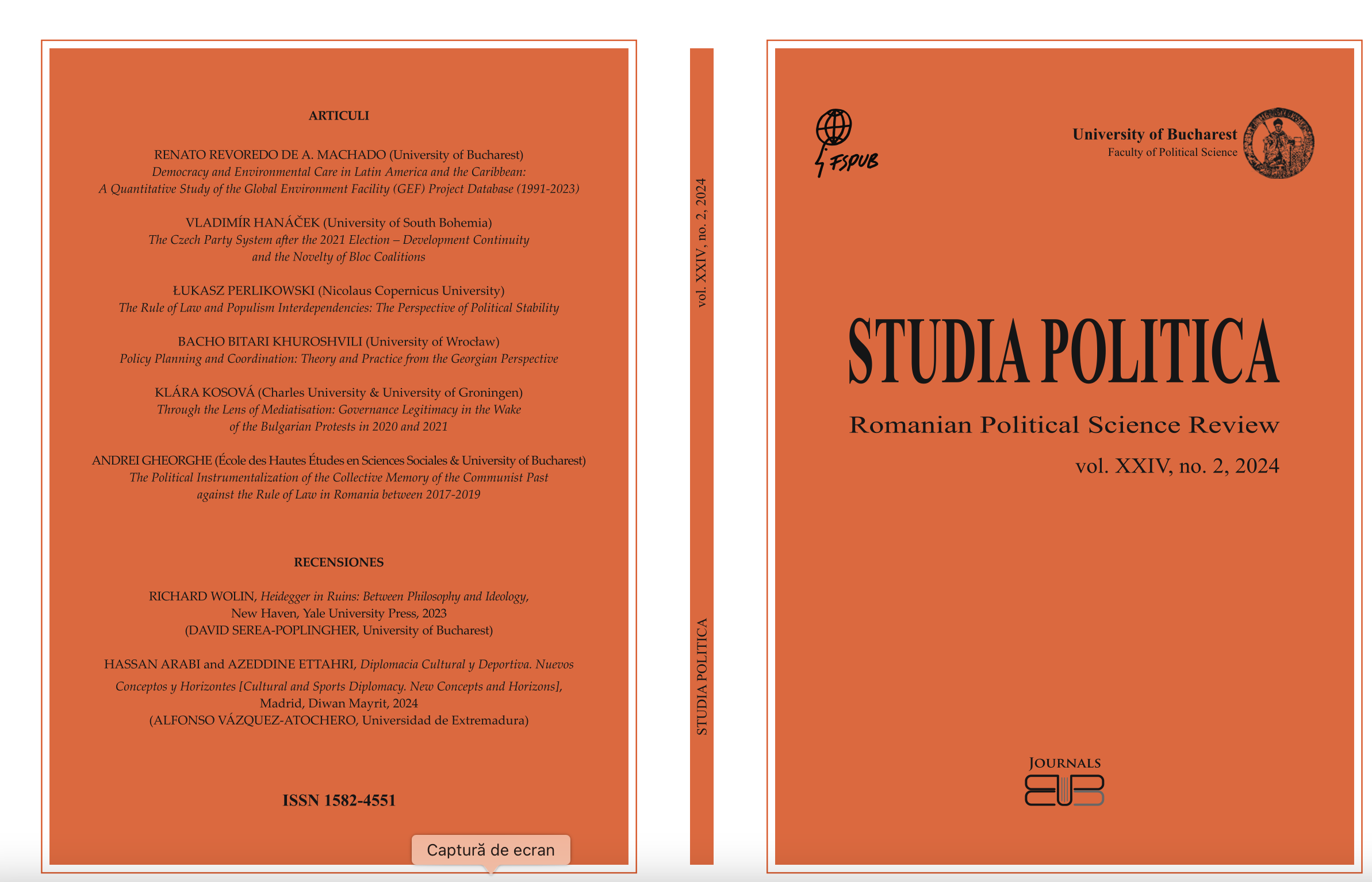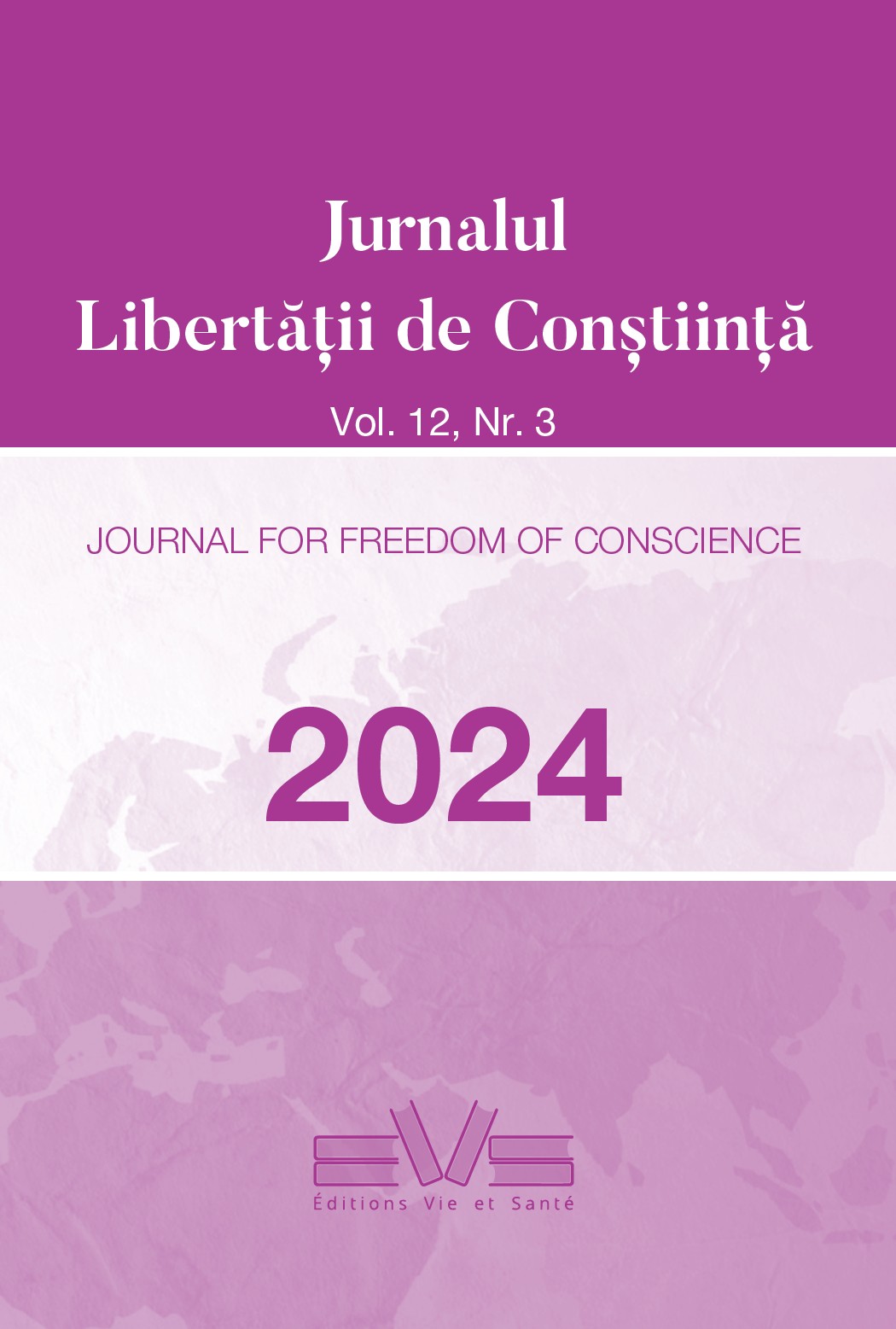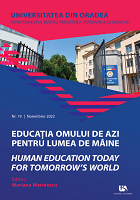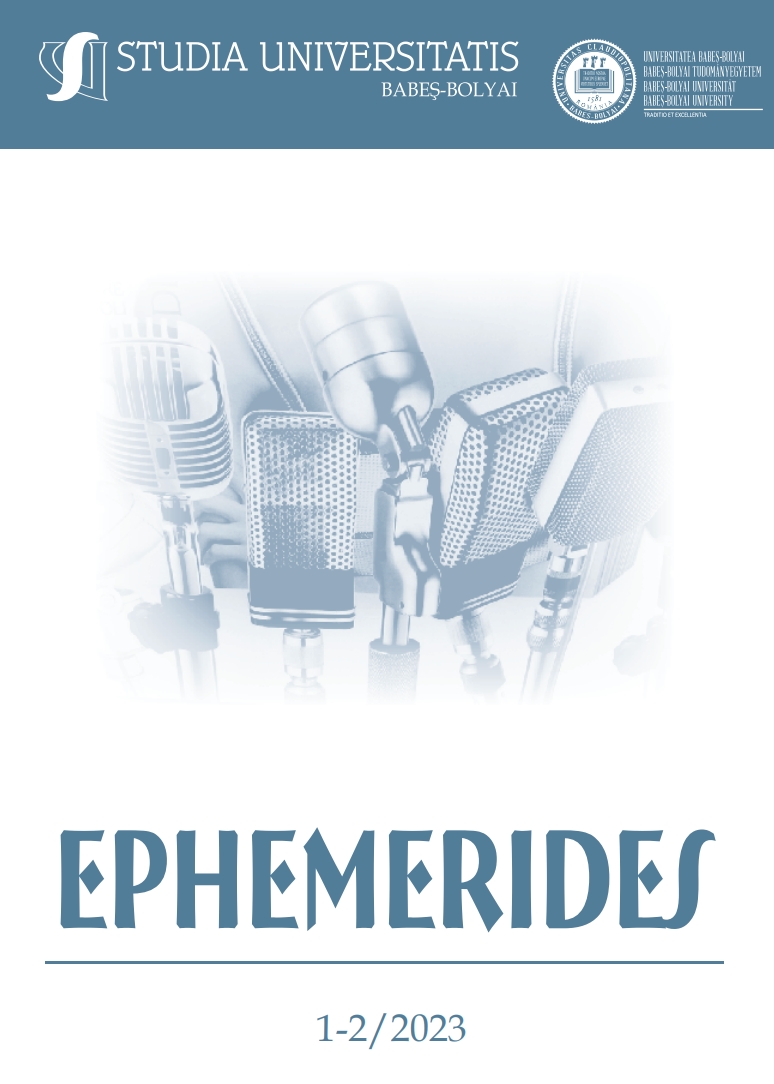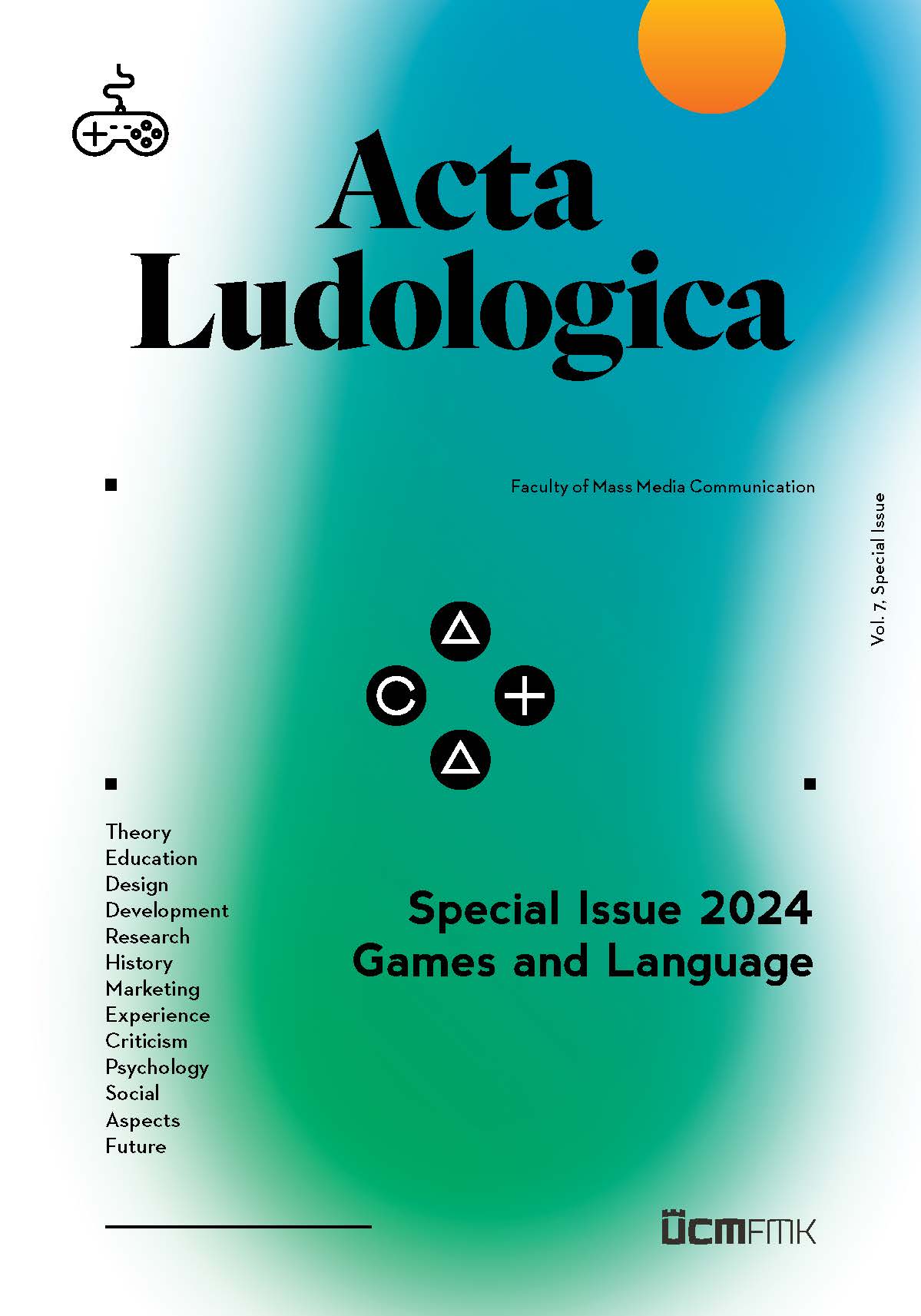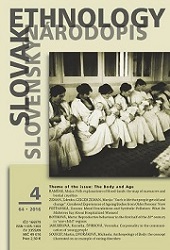
Corporeality in the communication of young people
The study describes communication of young people with the emphasis on its content dedicated to corporeality and determines a content-based classification of topics from a normative perspective: what topics are regular, intimate, or tabooed; participants; and gender differences. The study is divided into parts, which thematically describe: starting points, research, sample; communication content and topics; participants in communication; gender differences; factors of communication and the language of communication. The study is elaborated on the basis of information coming from professional literature and field research conducted by semi-structured interviews with university students and university educated people – 15 women and 15 men in age 22–28 (year of birth 1987–1993) coming from an urban environment in Slovakia.
More...
